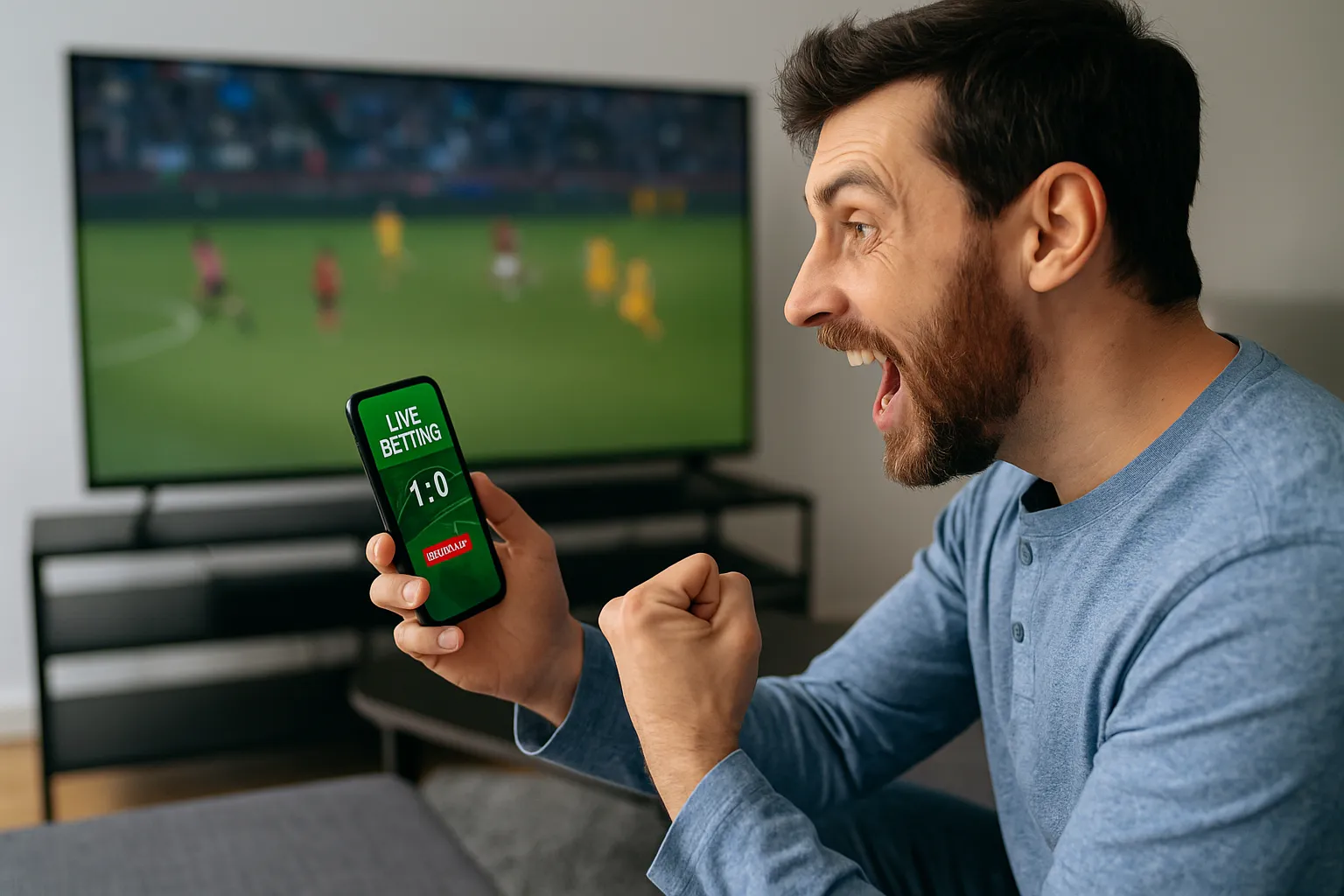In recent years, the rise of online betting platforms has completely changed how people gamble. One of the biggest shifts has been the surge in live betting, also known as in-play betting, where wagers are placed during the course of a match or event. Unlike traditional pre-match betting, where decisions are made before a game starts, live betting allows players to react to every twist and turn in real time. But this immediacy also raises a pressing question: is live betting more addictive than pre-match betting?
Drawing on both research and personal observation, it’s clear that live betting carries unique psychological triggers that can make it far more compelling—and in some cases, more dangerous—than placing bets before the match begins.
The Psychology Behind Live Betting
The main appeal of live betting lies in its instant gratification. Watching a game unfold and being able to place a wager on the next goal, foul, or set creates a rush of excitement that’s hard to replicate. This quick-fire decision-making keeps the brain stimulated, as players constantly anticipate outcomes and receive immediate feedback when bets are resolved.
Compared to pre-match betting, which involves longer-term patience and strategic thinking, live betting is fast-paced and immersive. This rapid cycle of risk and reward mirrors the mechanics seen in other addictive behaviors, making it more difficult for players to step away.
For example, when betting on a football match, a pre-match wager might involve predicting the final score or the number of goals. With live betting, however, a gambler can continuously place bets—who will score the next corner, whether a penalty will be awarded, or even who will be shown the next yellow card. The sheer volume of opportunities amplifies engagement, but also heightens the risk of losing control.
Instant Payouts and the Reinforcement Loop
One of the most overlooked factors in gambling addiction is the role of payouts. The quicker someone receives a reward, the stronger the psychological reinforcement. With live betting, the payout cycle is significantly shorter than with pre-match betting. A wager might be settled within minutes, encouraging players to place another bet immediately after.
This is where the attraction of an instant payout casino UK comes into the conversation. For many gamblers, the ability to withdraw winnings quickly adds to the appeal, making the entire process smoother and more rewarding. However, while fast payouts are convenient, they can also contribute to addictive patterns by removing natural pauses that might otherwise allow a gambler to reflect before re-investing their winnings.
The Role of Control and Decision-Making
Pre-match betting generally allows for careful consideration. Bettors have time to analyze stats, evaluate form, and make informed choices before placing a wager. This structured decision-making helps create a sense of control. Live betting, on the other hand, thrives on speed. Decisions are often made in seconds, driven by emotion and gut instinct rather than logic.
This lack of time to reflect is one of the strongest reasons why live betting can feel more addictive. When choices are made impulsively, the gambler’s rational brain takes a back seat to the thrill of the moment. It’s not uncommon for players to chase losses during live events, placing increasingly risky bets to recover quickly.
Real-World Examples of Addictive Behavior
Sports fans who participate in live betting often report a stronger sense of emotional involvement in matches. A late goal, a controversial referee decision, or a sudden injury can all trigger immediate bets, creating a rollercoaster of emotions. In contrast, pre-match bettors experience highs and lows primarily at the end of the game, giving them fewer emotional peaks during play.
Research and surveys from gambling regulators also suggest that players who engage heavily in live betting are more likely to develop problematic behaviors compared to those who primarily stick to pre-match wagering. The accessibility of mobile apps further compounds this effect, as gamblers can bet from anywhere, anytime, without barriers.
Balancing Excitement with Responsibility
Despite its risks, live betting is not inherently harmful if approached responsibly. Many professional or disciplined gamblers enjoy it for the heightened excitement it provides. The key lies in setting limits—both financial and emotional—before engaging.
Gamblers who want to enjoy live betting without falling into addiction should establish strict bankroll limits, use responsible gambling tools such as deposit caps, and most importantly, recognize when emotions start driving their decisions. Pre-match betting, by comparison, naturally enforces a cooling-off period since wagers are placed before the game begins, offering less opportunity for compulsive behavior.
Final Thoughts
So, is live betting more addictive than pre-match betting? In many ways, yes. The immediacy, the rapid payout cycles, and the constant stream of opportunities make live betting more engaging but also more dangerous for those prone to addictive behavior. Pre-match betting offers more time for reflection, strategy, and control, while live betting thrives on quick decisions and emotional highs.
Ultimately, the level of addiction risk depends on the individual gambler’s mindset and discipline. With proper limits, awareness, and a focus on long-term enjoyment rather than short-term thrills, live betting can be enjoyed responsibly. However, understanding its addictive potential is the first step toward staying in control.




